Hi all, a short update this week, with a couple of important updates
Office for Students update
The Office for Students issued another update to providers on 14th April.
They confirm the on-going uncertainty on access to government schemes for HE providers – there are hopes that this will be resolved (in a positive way) later this week. The update says:
- We understand that the two coronavirus Business Interruption Loan Schemes and the COVID-19 Corporate Financing Facility are open to higher education providers, although final confirmation about eligibility for these schemes has still to be determined. We will continue to work with the Department for Education and HM Treasury to get further information about eligibility and will provide further information as soon as we can.
And this on the TEF:
- As you will be aware, we were previously planning to develop and consult on a new framework for the TEF during the first half of 2020. The impact of the coronavirus crisis means that we do not currently have a date for the next TEF exercise. We will provide further information as soon as we can. We intend to consult on the future TEF scheme after the government has published the Independent Review and its response to the Review’s recommendations. Publication of the subject-level TEF pilot reports has been delayed as a result of the coronavirus pandemic.
Some commentators (see Johnny Rich here) are seeing this as a major step – an indefinite postponement of TEF using the virus as cover. After all, there are rumours that the Pearce review is not very positive about the TEF.
But this could be over-egging things. The OfS has postponed all its consultations and hasn’t yet set new deadlines for any of them – so this is just the OfS being consistent. Don’t read too much into the postponement, folks – we would be very surprised if TEF goes away, even though the 2020 data will be weird.
There is comment from Wonkhe here:
- From the looks of the scant paragraph we get it would seem that this is a temporary measure, and that there would be every expectation that we would get a new date in time. But it is not hard to imagine this indefinite pause as a quiet death for a basket of metrics that has failed to capture the imagination of the audience it sought…..
- It could, of course, be argued that the current situation suits everyone involved perfectly well. The Government seems in no hurry to publish a review of TEF that is likely to have been less than glowing, the OfS doesn’t need to respond to it or consult on it (making it easier to integrate TEF into the mainstream of regulation), and TEF remains on pause forever. Nobody loses face, the decision to cancel TEF is never explicitly taken (so the government never goes back on a manifesto promise) but it is quietly understood that no future work will be done on an indicator that signally failed to indicate anything.
[PS there is still no news from UKRI on the KEF deadline extension]
The Office for Students has a webpage which brings together all their guidance, FAQs and the Ministerial letters, which is a useful resource. They keep adding to the FAQs – what we are all waiting for now is the next news on admissions, due on 20th April
- We have created a provider guide to coronavirus which includes information about our regulatory requirements, FAQs, and links to all letters and guidance issued by the OfS. There is also a student guide with FAQs and signposting to sources of information beyond the OfS.
Support for Universities
Universities UK issued a package of measures to address concerns in the sector – and shared it with Gavin Williamson in a telephone call.
They highlighted the many challenges to the sector, the work that we are doing to support the national effort and our staff and students. They asked for specific confirmation that confirmation that universities are eligible for the Job Retention Scheme (furloughing staff), and the Business Interruption Scheme and the Corporate Financing Facility and recommended a range of actions, including:
- increasing funding for research and covering the full economic cost for UKRI funded research;
- introducing a one year “stability measure” in the form of a student number cap equal to the number of UK and EU students forecast for 2020-21 plus 5% and a new sector agreement on fair admissions practices that would, amongst other things, restrict unconditional offers at volume;
- provide further funding for courses that support key public sector services, including nursing and healthcare and some short and part-time courses;
- a transformation fund to support universities to reshape and consolidate through federations and partnerships or mergers;
- bridging loans and support for changes in lending terms, reprofiling funding allocations including the student finance payments towards the beginning of the academic year, and halting the planned cuts in teaching grant; and
- mitigating the impact on international recruitment by providing flexibility of visa requirements and delaying changes that would apply to EU students after Brexit who would join in the 2021 academic year.
- We don’t know when there will be a response, if at all.
The Opposition view
Research Professional has an interview with Emma Hardy, shadow Universities Minister. It’s an interesting read:
- The model of intense competition is failing. Having read Universities UK’s submission to the government, letters from the University and College Union and other higher education organisations and interest groups, what is not surprising is the amount of consensus there is. If we continue down the same path of “unseemly competition” as UCU has warned, then some universities will face financial failure and as it stands the Office for Students has been clear that it will not bail them out.
- As highlighted by UUK, the likelihood is that ‘cold spots’ will develop, exacerbating the regional inequalities and putting already disadvantaged students at a greater disadvantage.
- There is a consensus around the need for change, and we should look to create a more collaborative system. UUK has already acknowledged that changes need to be made and that these could include “federations and partnerships”. Labour believes there should be greater collaboration between higher education, further education and adult community learning, to anchor those institutions in their communities and reform their governing structure.
- Institutions offering similar academic courses in the same region could cooperate with the aim of staff development and educational improvement to benefit students and our national interest.
…
- There needs to be a collective acknowledgement of the unpalatable idea of asking mature students who find themselves unemployed as a result of this crisis to commit to a lifetime loan of over £27,000 for a degree which the government knows they will never repay. Labour will continue to argue for free education for all as we face of challenge of upskilling our country in a post-Covid-19 world.
…
- A higher education system funded by government, industry and commerce has the power to hold universities to a higher standard, and it should use this power to radically reform the terms and conditions of university staff and in particular the use of insecure contracts.
- If we wish the UK to maintain its reputation as a world leader in research, then research grants must be balanced and distributed regionally to create regional institutions of excellence.
- The Research Excellence Framework has been discredited nearly as frequently as the Teaching Excellence and Student Outcomes Framework and the space provided by the suspension of the REF due to Covid-19 opens the discussion on what makes for effective accountability. If we are to build a future based on cooperation, and universities acting in the national interest, then market-based accountability measures serve no purpose.
This follows an intervention by Rebecca Long-Bailey, the new shadow Education lead, who wrote to Gavin Williamson last week, as reported by Research Professional
- In a missive dated 9 April, that also addresses schools and further education policy, Long-Bailey—who finished second to Keir Starmer in the recent Labour leadership election—asks Williamson if he believes universities are “likely to require additional financial support” as a result of the Covid-19 outbreak, and how decisions on such support will be made? She also asked the Department for Education to protect institutions from closure “for the duration of this crisis”.
…
- She also asked if overseas staff working in universities would be offered the same one-year visa extension available to NHS staff and sought reassurances that international students’ visas will be extended where required.
- “I believe in the current circumstances some additional support should be given to students,” Long-Bailey writes. Specifically, she calls for ministers to immediately suspend all interest on loans, waive tuition fees for the period that students are not receiving full tuition, and give students the opportunity to “defer to next academic year without needing to pay extra tuition fees”.
- There should also be an assurance that students do not have to pay for accommodation that they are no longer able to use, Long-Bailey wrote, while those in receipt of a maintenance grant should be able to return all or part of it in exchange for it being written off.
- The shadow education secretary also calls for clarity on student assessment practices during the Covid-19 outbreak and asks the government to “urgently consider” creating a student hardship fund for those who encounter financial difficulty as a result of the pandemic.
Opportunities
Finally, we are delighted that two members of academic staff have submitted evidence to an All Party-Parliamentary Group this week and we are very proud of the work that staff across BU are doing to support the national effort, and to contribute to the national debate.
If you haven’t done so before, now may be a good time to explore the APPGs active in your area of expertise and see if they are doing interesting work – the full list is here. Look under subject groups and follow the links Some APPGs don’t update their websites very often (or have them at all) but some are very active.
And if you have a news story or a plan for research, or a solution to a practical problem linked to the virus, speak to the M&C press team or Becca Edwards.
Subscribe!
To subscribe to the weekly policy update simply email policy@bournemouth.ac.uk.
JANE FORSTER | SARAH CARTER
Policy Advisor Policy & Public Affairs Officer
Follow: @PolicyBU on Twitter | policy@bournemouth.ac.uk
 The EC and EU member states have launched a new data-sharing platform ‘
The EC and EU member states have launched a new data-sharing platform ‘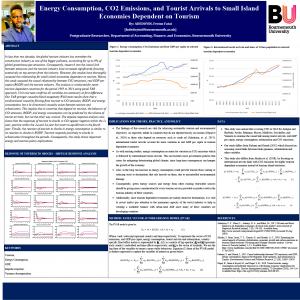

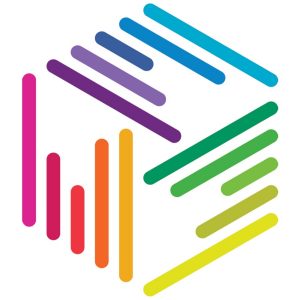
 UKRI have created a website called:
UKRI have created a website called: 

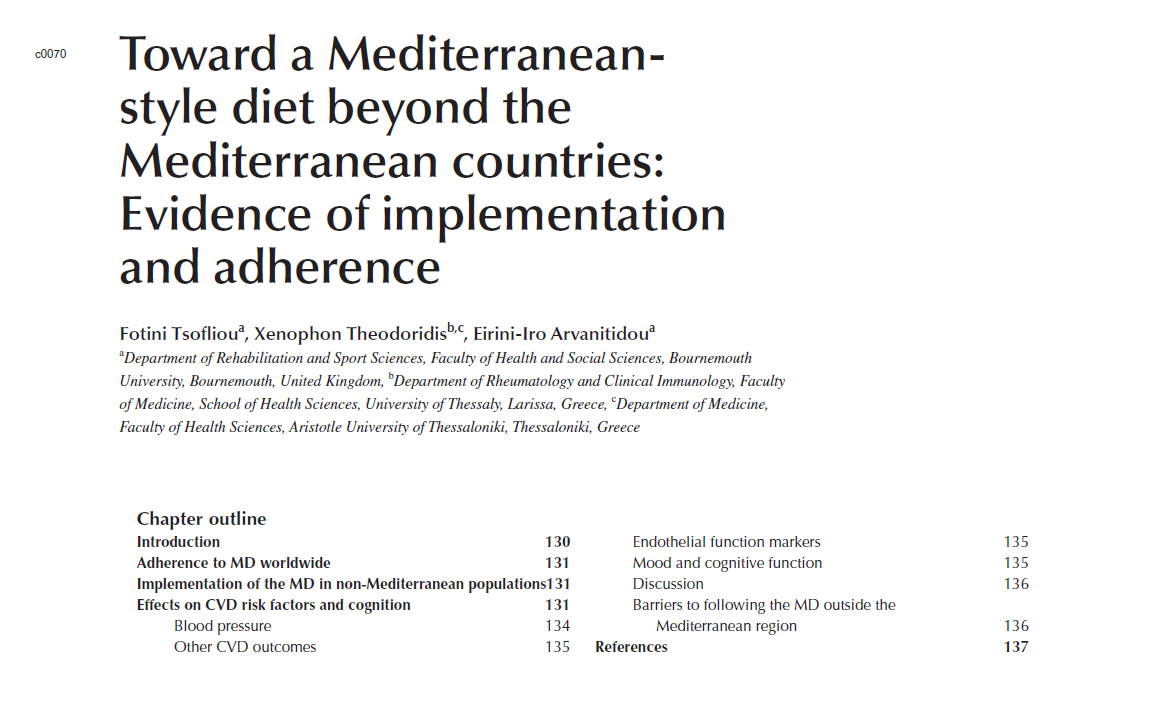
 In recognition of the important contribution that early career academics play in driving research for the future, we are delighted to continue the BU Academic Targeted Research scheme to attract and recruit talented individuals in targeted research areas. Following the successful recruitment of five new posts, we will employ one other new Senior Lecturer with significant postdoctoral expertise (or of comparable experience) with outstanding potential in alignment with the targeted research areas:
In recognition of the important contribution that early career academics play in driving research for the future, we are delighted to continue the BU Academic Targeted Research scheme to attract and recruit talented individuals in targeted research areas. Following the successful recruitment of five new posts, we will employ one other new Senior Lecturer with significant postdoctoral expertise (or of comparable experience) with outstanding potential in alignment with the targeted research areas:
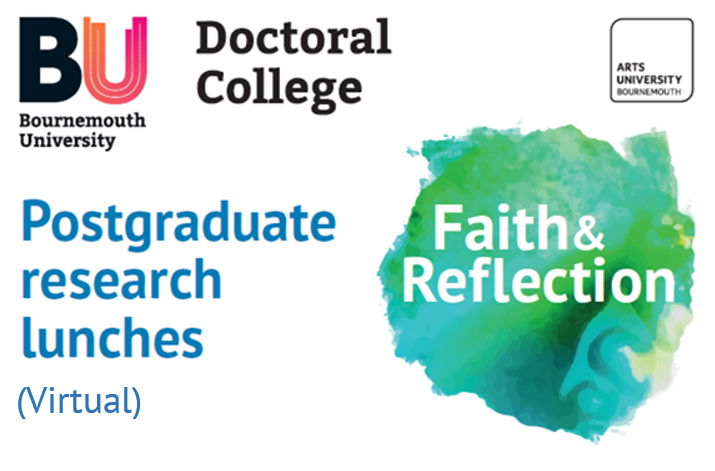
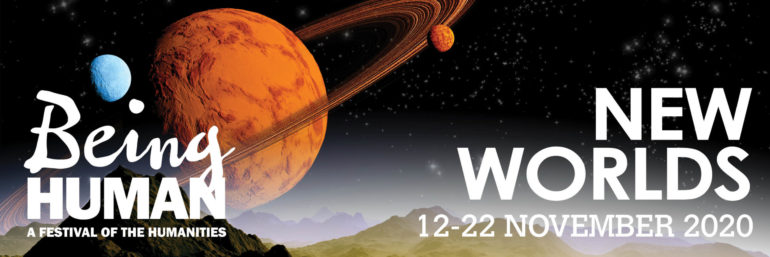











 Fourth INRC Symposium: From Clinical Applications to Neuro-Inspired Computation
Fourth INRC Symposium: From Clinical Applications to Neuro-Inspired Computation Writing policy briefs
Writing policy briefs Upholding Excellence: The Concordat to Support Research Integrity
Upholding Excellence: The Concordat to Support Research Integrity Today’s Documentation Will Serve Tomorrow’s Justice
Today’s Documentation Will Serve Tomorrow’s Justice ECR Funding Open Call: Research Culture & Community Grant – Application Deadline Friday 12 December
ECR Funding Open Call: Research Culture & Community Grant – Application Deadline Friday 12 December MSCA Postdoctoral Fellowships 2025 Call
MSCA Postdoctoral Fellowships 2025 Call ERC Advanced Grant 2025 Webinar
ERC Advanced Grant 2025 Webinar Horizon Europe Work Programme 2025 Published
Horizon Europe Work Programme 2025 Published Horizon Europe 2025 Work Programme pre-Published
Horizon Europe 2025 Work Programme pre-Published Update on UKRO services
Update on UKRO services European research project exploring use of ‘virtual twins’ to better manage metabolic associated fatty liver disease
European research project exploring use of ‘virtual twins’ to better manage metabolic associated fatty liver disease